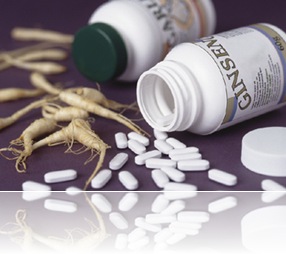May 13 2009
Laboratory experiments have demonstrated the immunological effects of ginseng.
Researchers writing in BioMed Central's open access Journal of Translational Medicine have shown that the herb, much used in traditional Chinese and other Asian medicine, does have anti-inflammatory effects.
Allan Lau led a team of researchers from the University of Hong Kong who identified seven ginseng constituents, ginsenosides, which showed immune-suppressive effects. He said, "The anti-inflammatory role of ginseng may be due to the combined effects of these ginsenosides, targeting different levels of immunological activity, and so contributing to the diverse actions of ginseng in humans".
The scientists treated human immune cells with different extracts of ginseng. They found that of the nine ginsenosides they identified, seven could selectively inhibit expression of the inflammatory gene CXCL-10. Lau concludes, "Further studies will be needed to examine the potential beneficial effects of ginsenosides in the management of acute and chronic inflammatory diseases in humans".
Uniquely, the researchers were able to holistically test the ginseng extract's immune effects by using sophisticated purification technologies to identify individual constituents and define their bioactivity using genomics and bioactivity assays. After that, they reconstituted them back into a whole extract with definable individual ginsenosides for re-confirmation of effects. This potentially opens up a vigorous methodology to study medicinal herbs with state-of-the-art technologies.